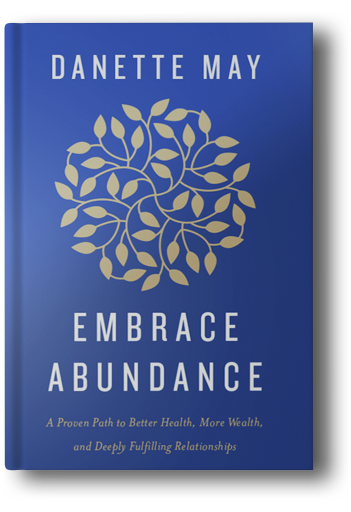If you've been following me for a while, you've heard me talk about “clean eating,” but do you know what it really is?
And what in the heck is the difference between ‘clean eating‘ and ‘clean cooking?'
It’s a lot less complicated than you might think and I'm going to fill you in on ALL of the basics on how to get started right now!
It’s not really a “diet” per se, revolving around eating more or less specific things like fewer carbs or more protein, but simply eating whole, nutritious foods, and fewer not-so-healthy foods.
That means embracing food that is “real,” unprocessed or at least minimally processed, as close to their natural form as possible – things like fruits and vegetables, healthy proteins and fats.
It also means cutting back or eliminating sugars, refined grains and unhealthy fats.
What are processed foods?
If you aren’t sure what “processed” foods really are, the easiest way to recognize them is by reading through the ingredient list.
If there are a multitude of ingredients, particularly terms that you don’t recognize or can’t pronounce, odds are, it is highly processed.
Processing changes the form of a natural food, such as removing the bran and germ from whole grains to make refined bread.
Additions of any kind, like preservatives that keep it from spoiling too quickly as well as sugar, salt and fat that add flavor and/or texture, also mean that it’s a processed food – and most of those are loaded with excess sugar, fat and sodium.
While you might think that just about anything that’s in a box, can or bag is processed and unhealthy, that’s not necessarily true – for example, chickpeas, farro and baby spinach are all “clean,” yet they’re also packaged foods.
But why is eating clean so important?
There has been a ton of research linking a diet of whole, real foods with good health – and, a smaller waistline. If you’re hoping to drop those stubborn pounds, it’s one of the best choices you can make.
Numerous studies have found that a diet that is filled with lots of fruits and veggies, and contains healthy fats and protein, can help prevent a host of disease and illness, including life-threatening conditions like heart disease and type 2 diabetes.
If you need even more motivation, eating “clean” is not only linked to better overall health and the ability to manage weight better, but glowing skin and shiny hair! Great news, right?!
How do I get started?
A simple way to start eating clean is to increase the amount of veggies in your diet – they’re filled with vitamins, heart-healthy fiber that helps keep you feeling fuller longer, and they’re low in calories.

Fresh, organic vegetables are totally unprocessed, coming straight from the farm, which means they’re about as clean as it gets.
Eat more fresh fruits too – they can even help satisfy that sweet tooth.
Have you ever heard the term “nature’s candy?” That’s because fruits are naturally sweet and delicious, and make for the perfect healthy dessert.
Other foods to include on your “clean eating” grocery list include
- dried legumes
- nuts and seeds
- farm-fresh eggs
- Unrefined grains, like farro, steel-cut oatmeal and quinoa
When it comes to meat, choose wild over pastured and pastured over grain-fed as well as wild-caught fish like salmon rather than farmed.
The healthiest oils to consume are unrefined coconut oil and extra-virgin olive oil.
You should also be aware that pesticide-free, organic food is always preferable in order to avoid consuming added hormones or chemicals.
EXCLUSIVE >> This Plant Food HARMS Your Metabolism & Heart
Is Cooking clean a thing?
While eating more vegetables is great, deep frying them counteracts all their wonderful benefits and no longer makes them “clean.”
You’ll be doing your body a big favor by avoiding deep-frying, or stewing in animal fats. Choose cooking methods like stir-frying or steaming instead.
Ideally, you should be eating a wide variety of foods in both cooked and raw forms – while some nutrients are lost during cooking, such as vitamin C, others are actually increased, such as lycopene in tomatoes.
Now that you know exactly what clean eating is – put it in practice for better health – and to fit in those skinny jeans!
Yours in Health,
Danette







